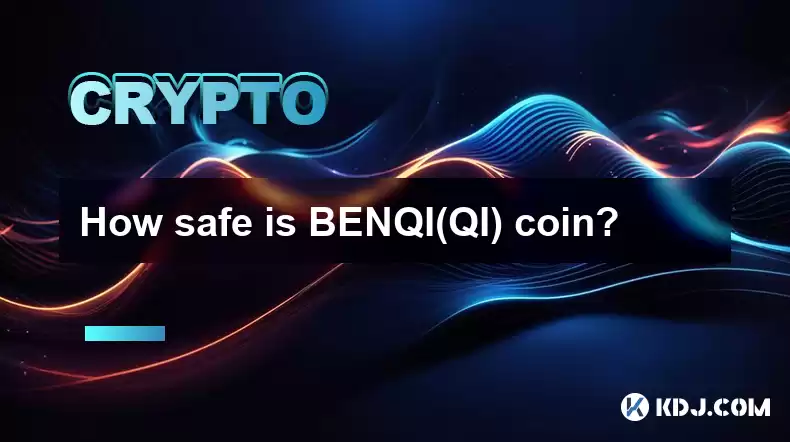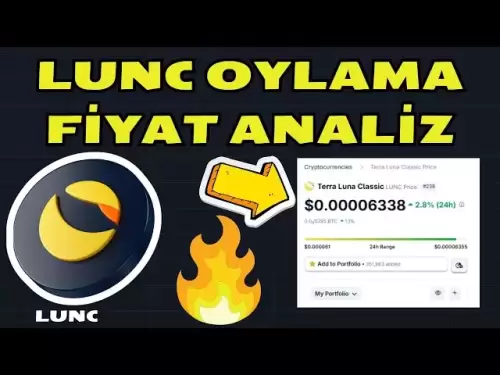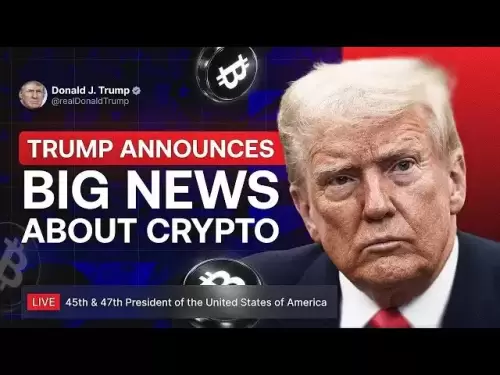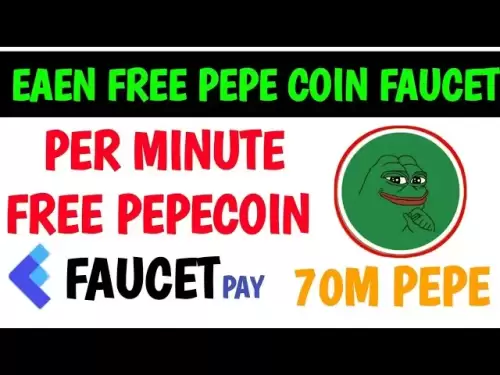-
 Bitcoin
Bitcoin $117500
2.04% -
 Ethereum
Ethereum $3759
3.02% -
 XRP
XRP $3.171
3.30% -
 Tether USDt
Tether USDt $1.000
0.03% -
 BNB
BNB $782.4
2.52% -
 Solana
Solana $187.2
5.62% -
 USDC
USDC $0.0000
0.02% -
 Dogecoin
Dogecoin $0.2380
5.26% -
 TRON
TRON $0.3175
1.07% -
 Cardano
Cardano $0.8227
4.03% -
 Hyperliquid
Hyperliquid $44.50
5.44% -
 Sui
Sui $4.020
10.07% -
 Stellar
Stellar $0.4396
6.28% -
 Chainlink
Chainlink $18.32
4.55% -
 Hedera
Hedera $0.2628
10.71% -
 Bitcoin Cash
Bitcoin Cash $554.8
4.90% -
 Avalanche
Avalanche $24.20
4.60% -
 Litecoin
Litecoin $113.7
2.31% -
 Shiba Inu
Shiba Inu $0.00001413
5.99% -
 UNUS SED LEO
UNUS SED LEO $8.984
0.11% -
 Toncoin
Toncoin $3.326
7.22% -
 Ethena USDe
Ethena USDe $1.001
0.00% -
 Uniswap
Uniswap $10.49
4.56% -
 Polkadot
Polkadot $4.092
4.02% -
 Monero
Monero $326.6
1.30% -
 Dai
Dai $1.000
-0.01% -
 Bitget Token
Bitget Token $4.570
2.49% -
 Pepe
Pepe $0.00001267
5.10% -
 Aave
Aave $297.3
3.10% -
 Cronos
Cronos $0.1344
4.10%
How safe is BENQI(QI) coin?
BENQI's commitment to security is evident through its rigorous audits, code analysis, and decentralized governance, mitigating risks for users.
Dec 23, 2024 at 07:52 pm

Key Points:
- Overview of BENQI: A decentralized money market platform built on Avalanche
- Factors Influencing BENQI's Safety: Security audits, code analysis, and governance model
- Security Audits and Code Analysis: Reviews conducted by reputable security firms
- Governance Model: Decentralized governance through QI token holders
- Risk Factors and Mitigation: Potential vulnerabilities and measures to address them
How Safe is BENQI (QI) Coin?
1. Overview of BENQI
BENQI is a decentralized money market platform that enables users to borrow, lend, and earn interest on crypto assets. It operates on the Avalanche blockchain, leveraging its high transaction throughput and low fees. BENQI utilizes a dual-token system with QI serving as the governance token and sQI as the lending and borrowing asset.
2. Factors Influencing BENQI's Safety
The safety of any cryptocurrency depends on multiple factors, including security audits, code analysis, and governance models. BENQI has undergone several security audits and code reviews, demonstrating its commitment to security and transparency.
3. Security Audits and Code Analysis
BENQI's smart contracts have been audited by renowned security firms such as Certora and Peckshield. These audits have identified and addressed potential vulnerabilities, ensuring the robustness of the platform. Additionally, continuous code analysis is performed to monitor for any new security risks.
4. Governance Model
BENQI's governance is decentralized, with QI token holders exercising voting rights to make decisions on protocol parameters, treasury allocation, and other key aspects. This distributed decision-making process promotes transparency and reduces the risk of centralized control.
5. Risk Factors and Mitigation
Like any financial platform, BENQI faces certain risks, including:
- Smart Contract Vulnerabilities: While audited, smart contracts are complex systems that may contain unforeseen vulnerabilities.
- Market Volatility: Crypto asset prices can fluctuate significantly, potentially leading to losses for borrowers or lenders.
BENQI has implemented measures to mitigate these risks, such as:
- Collateralization: Borrowers need to provide collateral to secure their loans, reducing the risk of default.
- Over-Collateralization: BENQI encourages users to over-collateralize their loans, providing a buffer against market fluctuations.
- Risk Governance: The QI token holders can vote on changes to risk parameters, such as loan-to-value ratios and interest rates.
FAQs:
Q: Are BENQI's smart contracts open-source?
A: Yes, BENQI's smart contracts are open-sourced on GitHub, allowing anyone to review and contribute to the codebase.
Q: What is the role of QI token holders in the BENQI ecosystem?
A: QI token holders have governance rights, allowing them to participate in voting on platform decisions and proposals.
Q: How can I assess the safety of the BENQI platform?
A: Review the results of security audits, read code analysis reports, and stay informed about any updates or changes to the BENQI ecosystem.
Q: What are the potential risks associated with using BENQI?
A: Potential risks include smart contract vulnerabilities, market volatility, and the possibility of lender defaults. However, BENQI has implemented various risk mitigation measures to address these concerns.
Q: Is BENQI insured against potential hacks or security breaches?
A: BENQI currently does not provide insurance against hacks or security breaches. Users are advised to exercise caution and secure their assets appropriately.
Disclaimer:info@kdj.com
The information provided is not trading advice. kdj.com does not assume any responsibility for any investments made based on the information provided in this article. Cryptocurrencies are highly volatile and it is highly recommended that you invest with caution after thorough research!
If you believe that the content used on this website infringes your copyright, please contact us immediately (info@kdj.com) and we will delete it promptly.
- Bitcoin Mining Goes Mobile: Apps & Strategies for Earning in 2025
- 2025-07-27 00:50:12
- Altcoins Primed for a 2025 Takeover: Undervalued Cryptos to Watch
- 2025-07-27 00:50:12
- Blockchain, Stocks, and Gold: A New Era of Financial Integration
- 2025-07-27 00:30:12
- IOTA Price and the Compliance Drive: How Institutional Adoption is Shaping the Future
- 2025-07-27 00:30:12
- XRP Price Swings, Unilabs Listing Heats Up, and Utility Coins Take Center Stage: What's the Buzz?
- 2025-07-26 23:30:12
- Ethereum Meme Coins: Can Punisher Coin Deliver 55x Gains?
- 2025-07-26 22:50:12
Related knowledge

What is Chainlink (LINK)?
Jul 22,2025 at 02:14am
Understanding Chainlink (LINK): The Decentralized Oracle NetworkChainlink is a decentralized oracle network designed to bridge the gap between blockch...

What is Avalanche (AVAX)?
Jul 22,2025 at 08:35am
What is Avalanche (AVAX)?Avalanche (AVAX) is a decentralized, open-source blockchain platform designed to support high-performance decentralized appli...

What is Polkadot (DOT)?
Jul 19,2025 at 06:35pm
Understanding the Basics of Polkadot (DOT)Polkadot (DOT) is a multi-chain network protocol designed to enable different blockchains to transfer messag...

What is Litecoin (LTC)?
Jul 23,2025 at 11:35am
Overview of Litecoin (LTC)Litecoin (LTC) is a peer-to-peer cryptocurrency that was created in 2011 by Charlie Lee, a former Google engineer. It is oft...

What is Monero (XMR)?
Jul 21,2025 at 10:07am
What is Monero (XMR)?Monero (XMR) is a decentralized cryptocurrency designed to provide enhanced privacy and anonymity for its users. Unlike Bitcoin a...

How to add indicators to Ethereum chart on TradingView?
Jul 19,2025 at 07:15am
What Is an Ethereum Chart on TradingView?The Ethereum chart on TradingView is a visual representation of the price movement of Ethereum (ETH) over a s...

What is Chainlink (LINK)?
Jul 22,2025 at 02:14am
Understanding Chainlink (LINK): The Decentralized Oracle NetworkChainlink is a decentralized oracle network designed to bridge the gap between blockch...

What is Avalanche (AVAX)?
Jul 22,2025 at 08:35am
What is Avalanche (AVAX)?Avalanche (AVAX) is a decentralized, open-source blockchain platform designed to support high-performance decentralized appli...

What is Polkadot (DOT)?
Jul 19,2025 at 06:35pm
Understanding the Basics of Polkadot (DOT)Polkadot (DOT) is a multi-chain network protocol designed to enable different blockchains to transfer messag...

What is Litecoin (LTC)?
Jul 23,2025 at 11:35am
Overview of Litecoin (LTC)Litecoin (LTC) is a peer-to-peer cryptocurrency that was created in 2011 by Charlie Lee, a former Google engineer. It is oft...

What is Monero (XMR)?
Jul 21,2025 at 10:07am
What is Monero (XMR)?Monero (XMR) is a decentralized cryptocurrency designed to provide enhanced privacy and anonymity for its users. Unlike Bitcoin a...

How to add indicators to Ethereum chart on TradingView?
Jul 19,2025 at 07:15am
What Is an Ethereum Chart on TradingView?The Ethereum chart on TradingView is a visual representation of the price movement of Ethereum (ETH) over a s...
See all articles

























































































